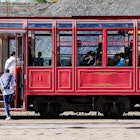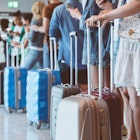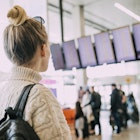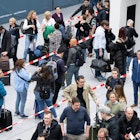Countries and destinations are continuing to implement additional health screening measures at their borders, including temperature checks, COVID-19 tests, questions on itineraries and 14-day quarantine periods. This week Spain and the UK became the latest countries to announce they would order incoming passengers to self-isolate upon arrival to stem the spread of infection from overseas.
As borders reopen, here's a look at places where quarantine is, or could soon be, mandatory. Though it's important to note that almost every country with open borders requires arrivals to self-isolate for 14 days.
Australia
All arrivals are subject to mandatory 14-day quarantine. Curently, only Australian citizens, residents and immediate family members can travel to Australia. Arrivals without a suitable place to self-isolate are provided with accommodation, usually designated quarantine hotels, to stay in during this period. Food, water and medical equipment are delivered to rooms daily.
Canada
In April, Canada updated its Quarantine Act to require all arrivals to confirm they have a suitable place to isolate or quarantine. Those without one must stay in a place designated by the Chief Public Health Officer of Canada.
China
When China recorded a rise in imported coronavirus cases from abroad last month it tightened quarantine restrictions. International travellers are subject to virus tests in most airports and ordered to stay in designated quarantine hotels or at home for 14 days, where their movements are tracked by smartphone apps. In some quarantine hotels, special robots have been delivering water bottles and meals to rooms to minimise contact between guests and staff.
Hong Kong
All arrivals, including Hong Kong citizens, are subject to compulsory 14-day quarantine and must undergo health tests. Temperature screening and testing booths have been set up in airports to check all incoming passengers for COVID-19 symptoms. Test results are provided within eight hours. Those who test negative are allowed to travel to their residence for quarantine but they must wear an electronic bracelet for the 14 days, which is connected to a smartphone app to track their movements. Violators face fines and jail time.
Ireland
Ireland has told arrivals, including returning Irish citizens that they must self-isolate for 14 days. Travellers are required to fill in a form known as the Public Health Passenger Locator Form, which asks for information such as reasons for travel, address details of where they are staying, and contact details. For now, quarantine is not mandatory but the government has suggested they may soon enforce it. Essential workers arriving into Ireland from another country are exempt from quarantine, as are those crossing the border from Northern Ireland.
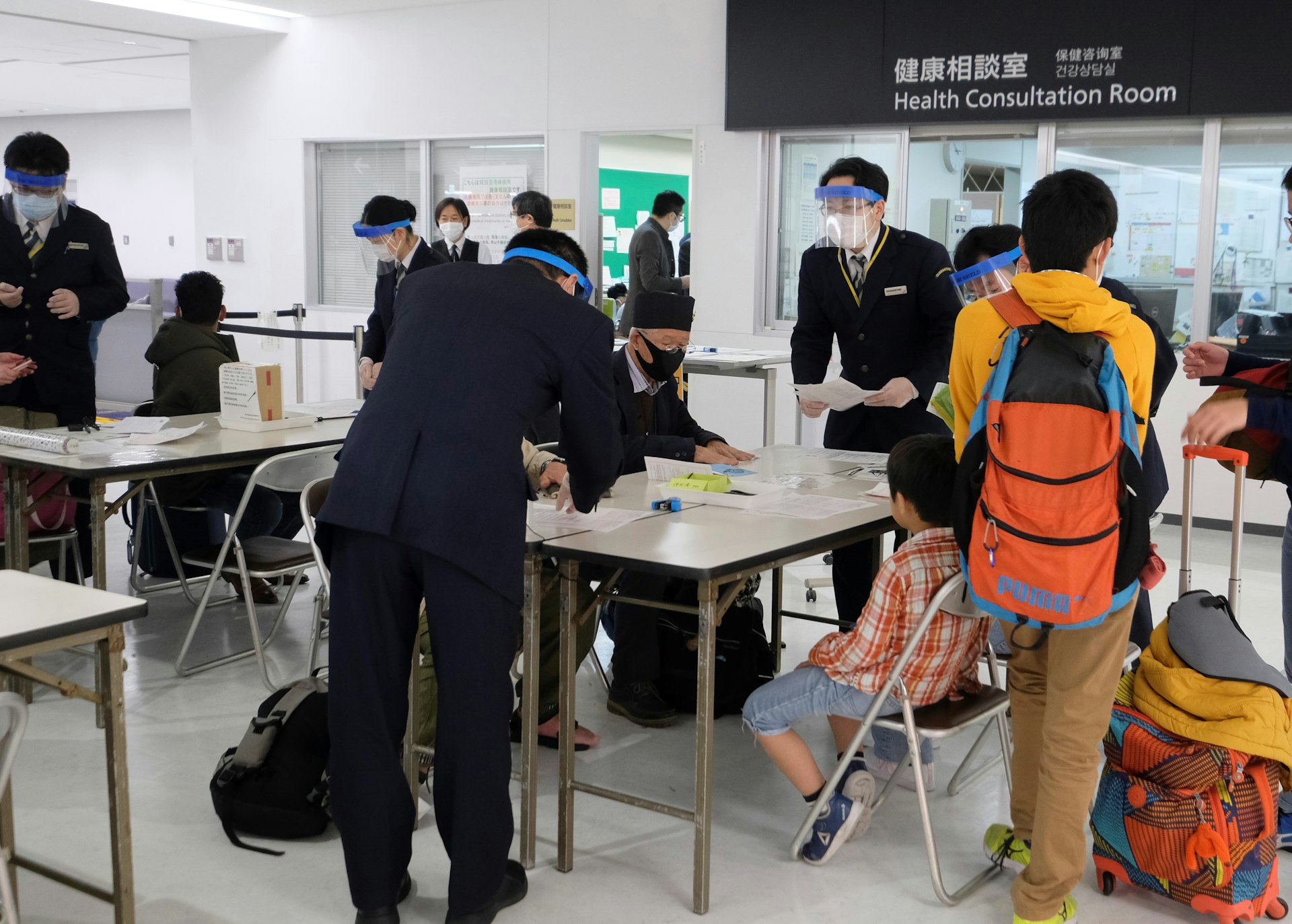
Japan
Arrivals from most countries, including China, the US, Canada and all European nations, will be tested for COVID-19 in the airport and are required to isolate for 14 days, either at home or in special quarantine facilities. When entering Japan, passengers must provide quarantine officers with their address and contact details. The health ministry will provide private transport to take passengers to their destination as arrivals are banned from using public transport.
Malaysia
Upon arrival, all passengers are required to undergo a health check and mandatory 14-day quarantine in designated facilities. Quarantine violators face jail time, a fine of RM1000 (€213/US$230), or both, according to The Times.
Singapore
All arrivals must self-isolate for 14 days in "a hotel room or similar accommodation provided by the Singapore government," according to the health ministry. People who break quarantine rules are liable for a jail term of up to six months or fines of up to 10,000 Singapore dollars (€6492/US$7000).
South Korea
Incoming passengers are subject to temperature screenings and must fill out a questionnaire on health and travel history. The rules apply to stopover passengers too, who will be required to pass through Immigration if they display any risks. Arrivals who intend to leave the airport, including citizens are ordered to quarantine at home or at government-designated facilities for 14 days, where they are charged 100,000 won (€75/US$81) a day throughout their quarantine, according to the Ministry of Health and Welfare. Visitors who are permitted to quarantine at home must install a smartphone app that enables authorities to track their movements in real time.
Spain
From 15 May, incoming passengers are ordered to undergo a mandatory 14-day quarantine. The rule will be in place until 24 May, when the current phase of Spain's lockdown ends. If the state of emergency is extended beyond that date, quarantine measures will continue to apply. Arrivals must remain indoors and will only be allowed out for grocery shopping, health centre visits and in "situation of need", an official order said. The measures applied to all travellers, including Spanish citizens returning to the country. Supply chain workers and essential healthcare staff are exempt.
Read more: Spain will require visitors to quarantine for 14 days upon arrival
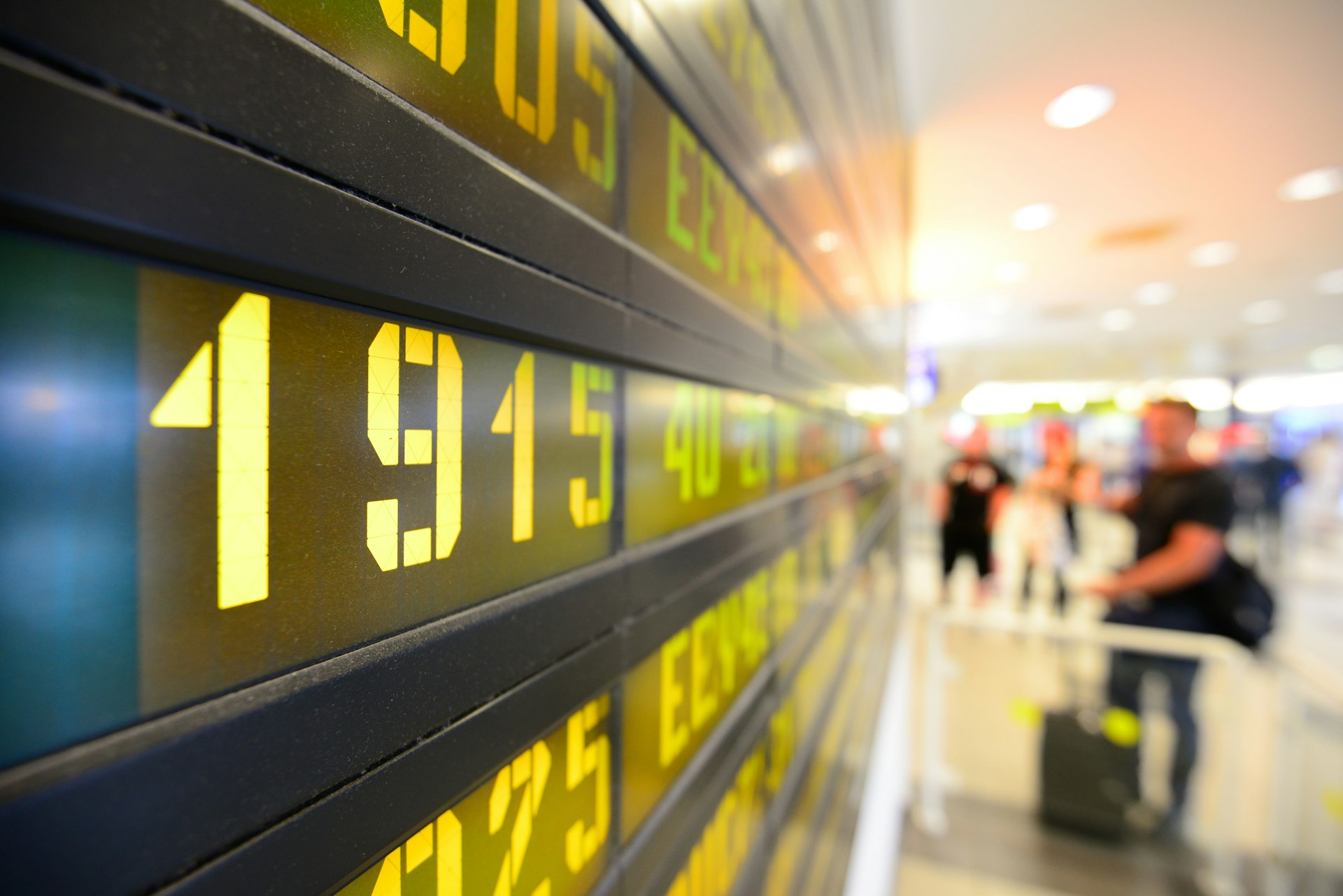
Taiwan
Anyone arriving into Taiwan must have their temperature checked and undergo mandatory quarantine, either at home or in a quarantine facility. Data from arrivals' mobile phones are shared with health authorities who will track their movements during the 14 days to ensure they stay isolated. Arrivals are transported from the airport to their quarantine facilities in special "epidemic-prevention taxis". According to NBC, those who violate quarantine orders face fines of up to NT$1 million (€30,391/US$33,333).
UK
Last week, the UK announced a 14-day isolation period for all travellers entering the country. However, it appears that returning citizens are excluded, as well as Irish citizens under the long-standing Common Travel Area (CTA) agreement. The UK's prime minister Boris Johnson had initially said French citizens would also be exempt but that decision was reversed on Thursday after the European Commission warned that any exemptions made for France must be extended to other EU countries. As yet, no start or end date for the measures have been announced, or guidelines for how they will be enforced.
You might also like:






